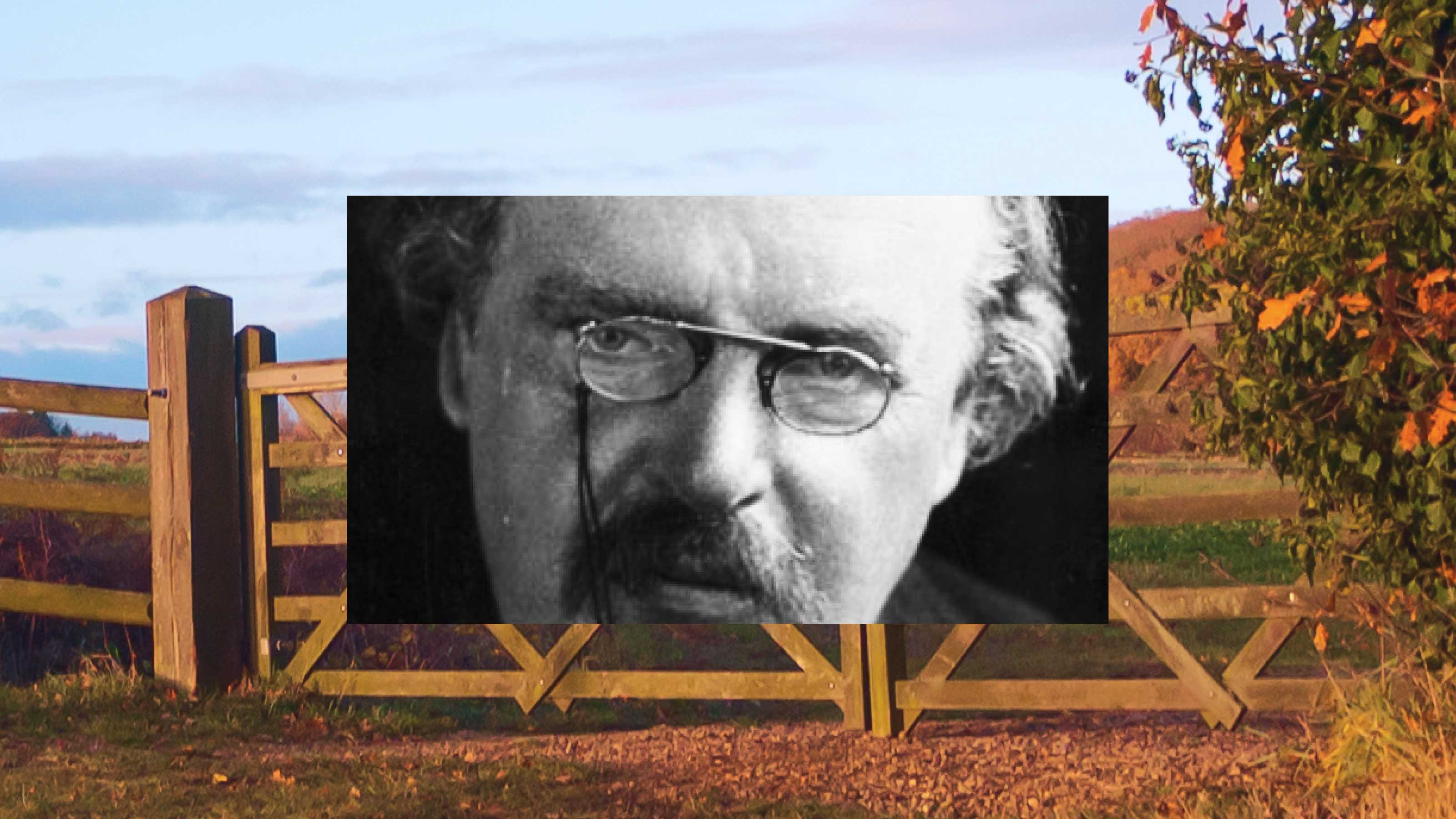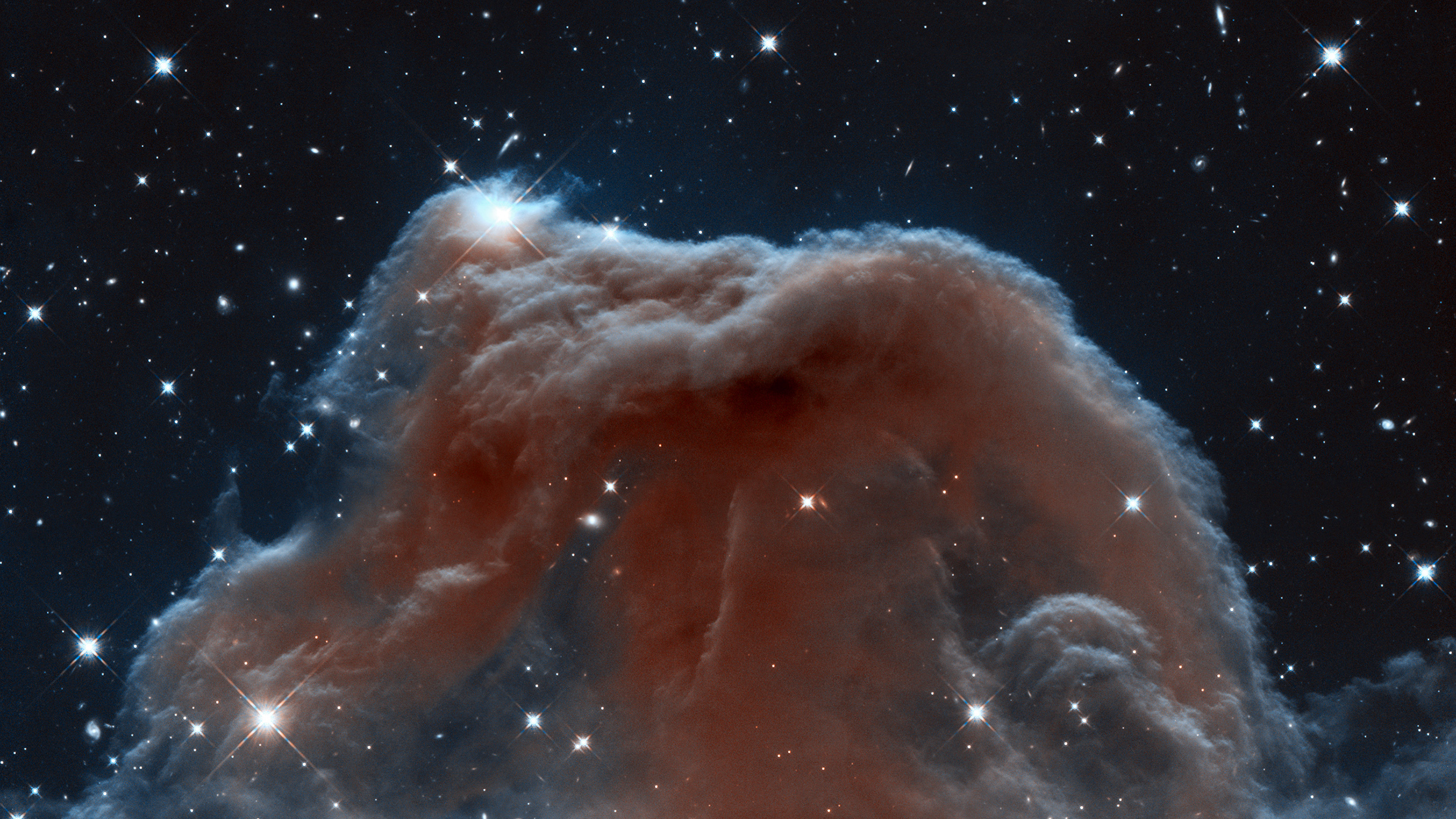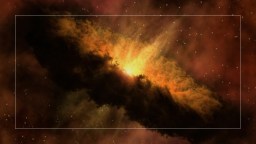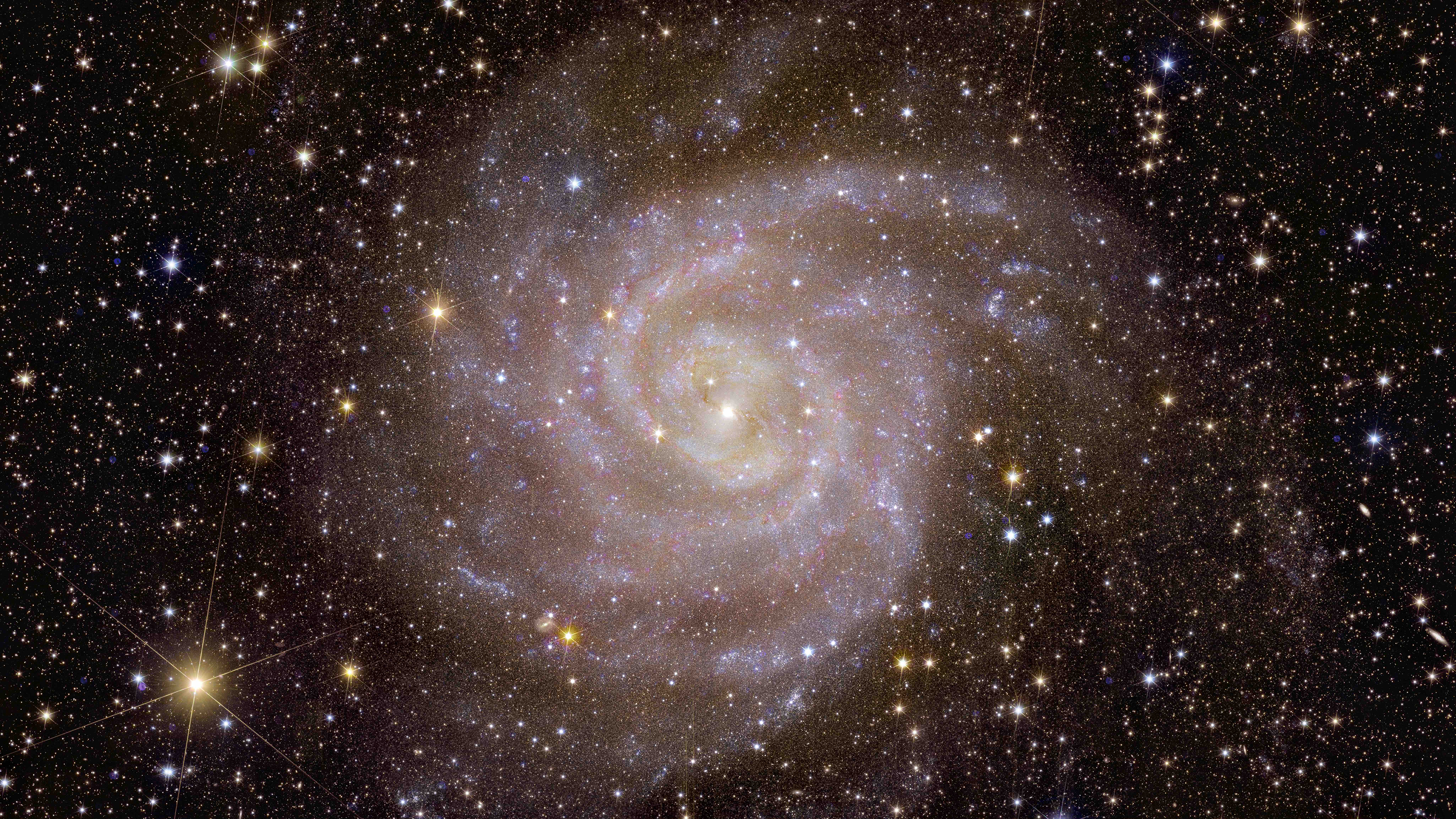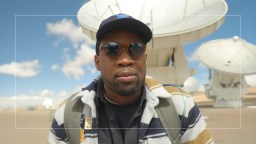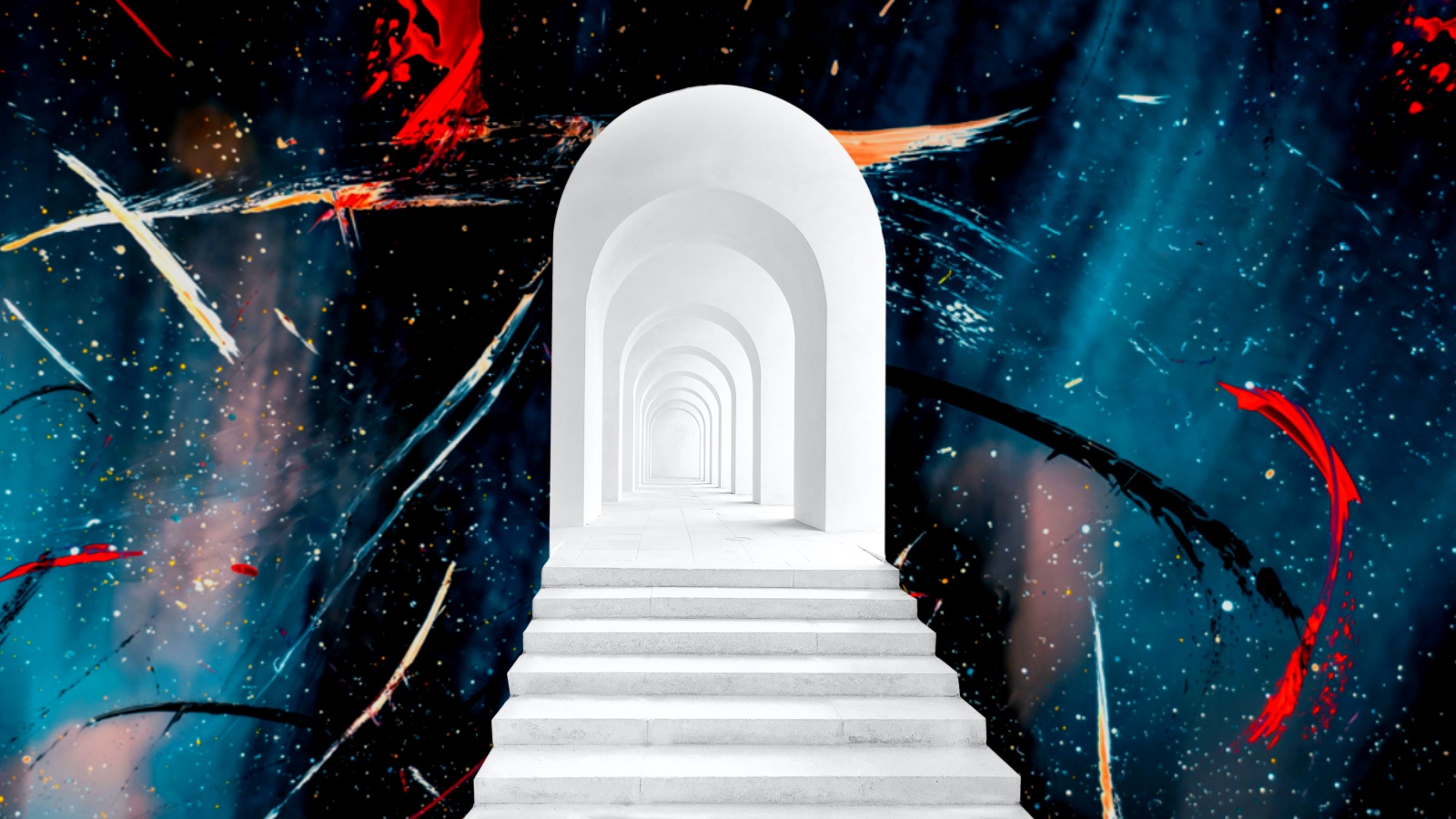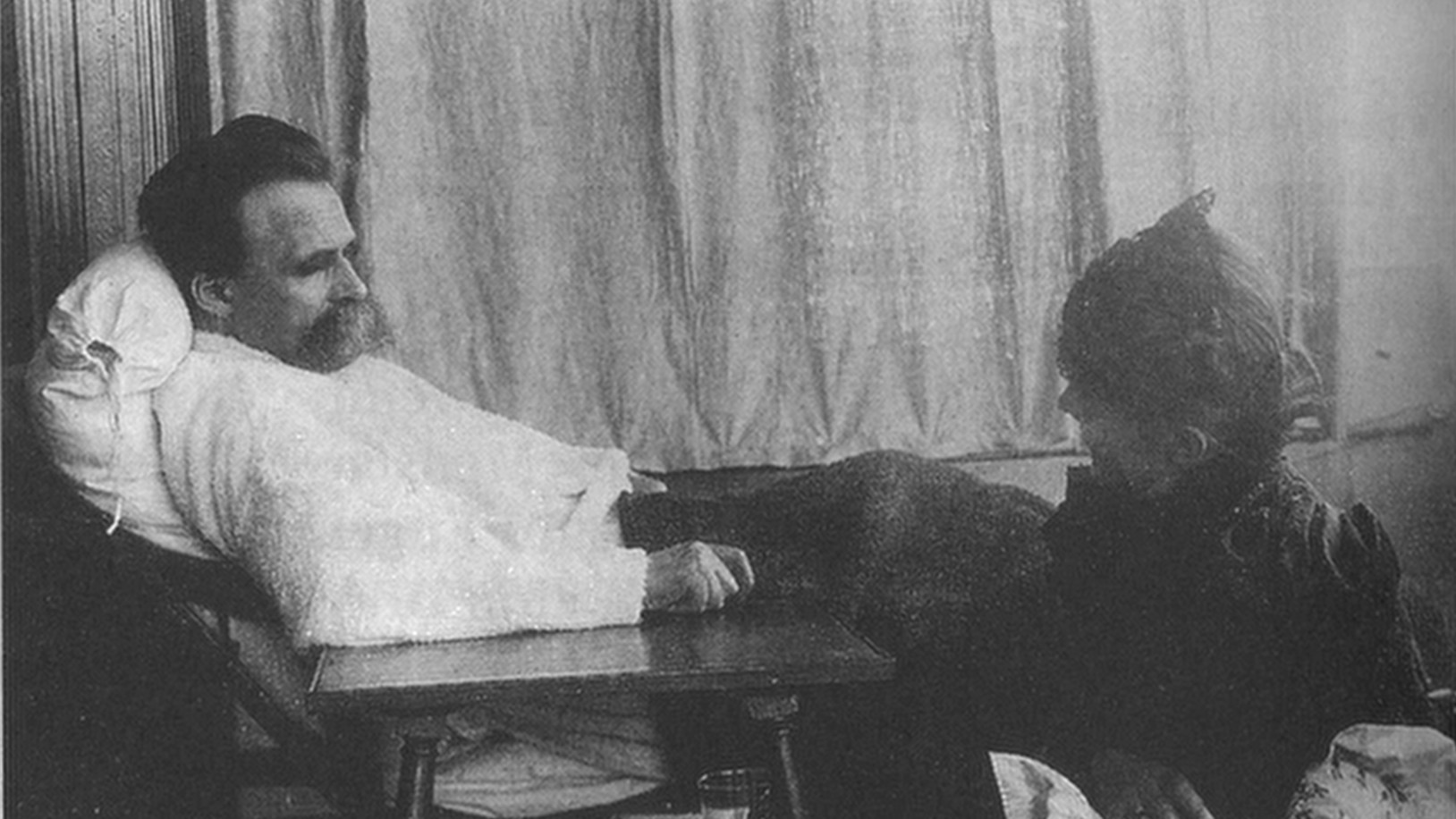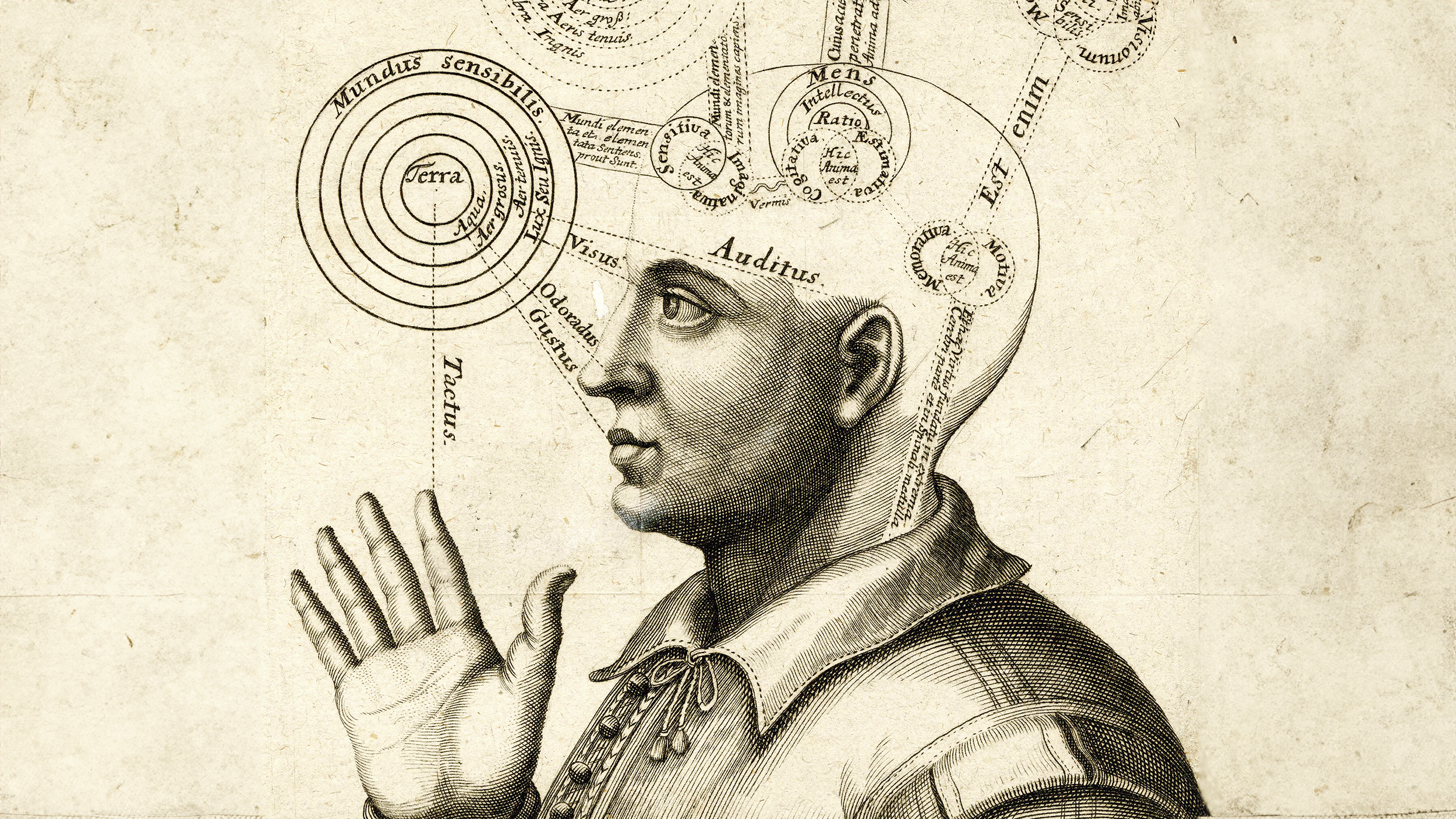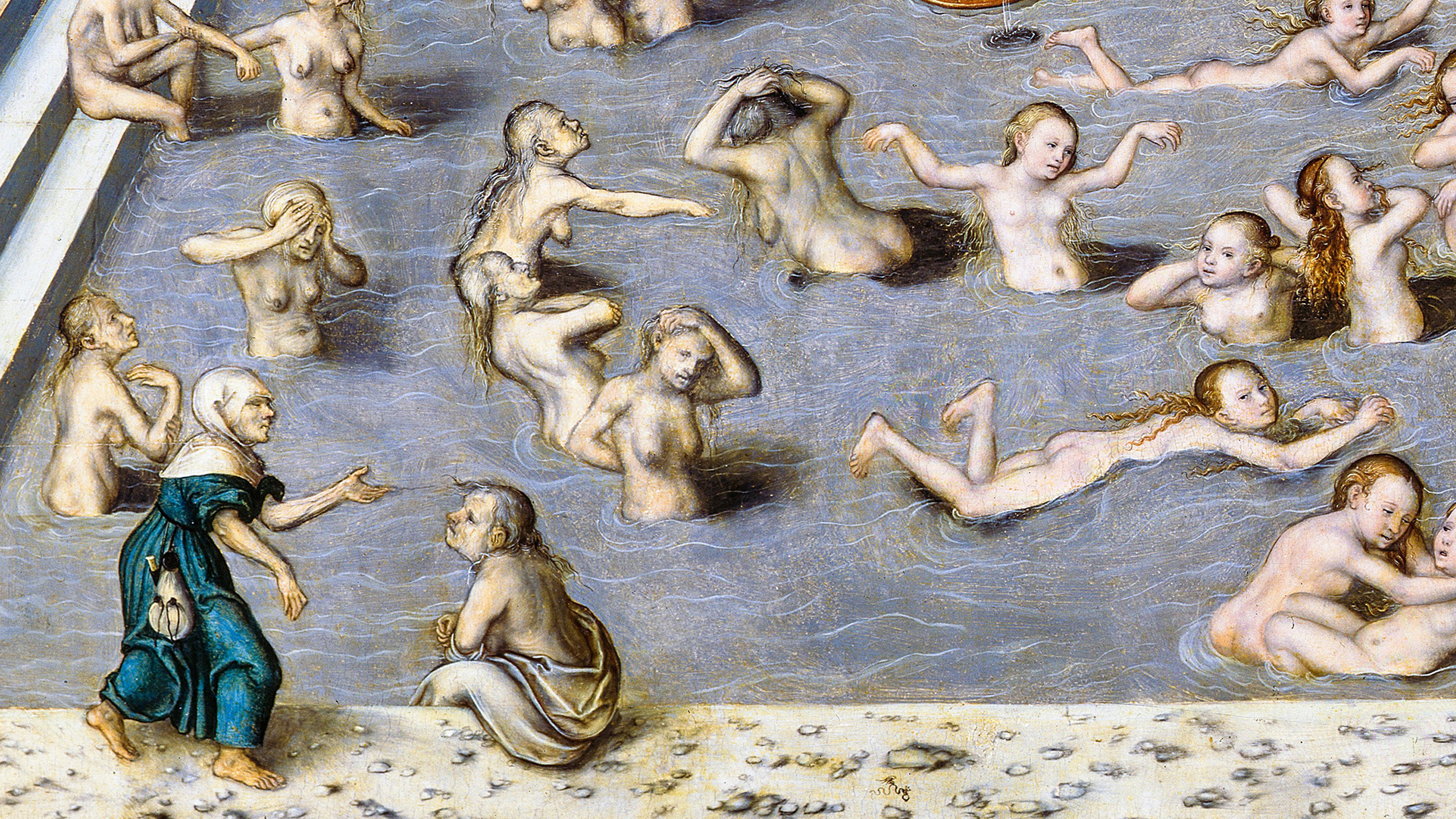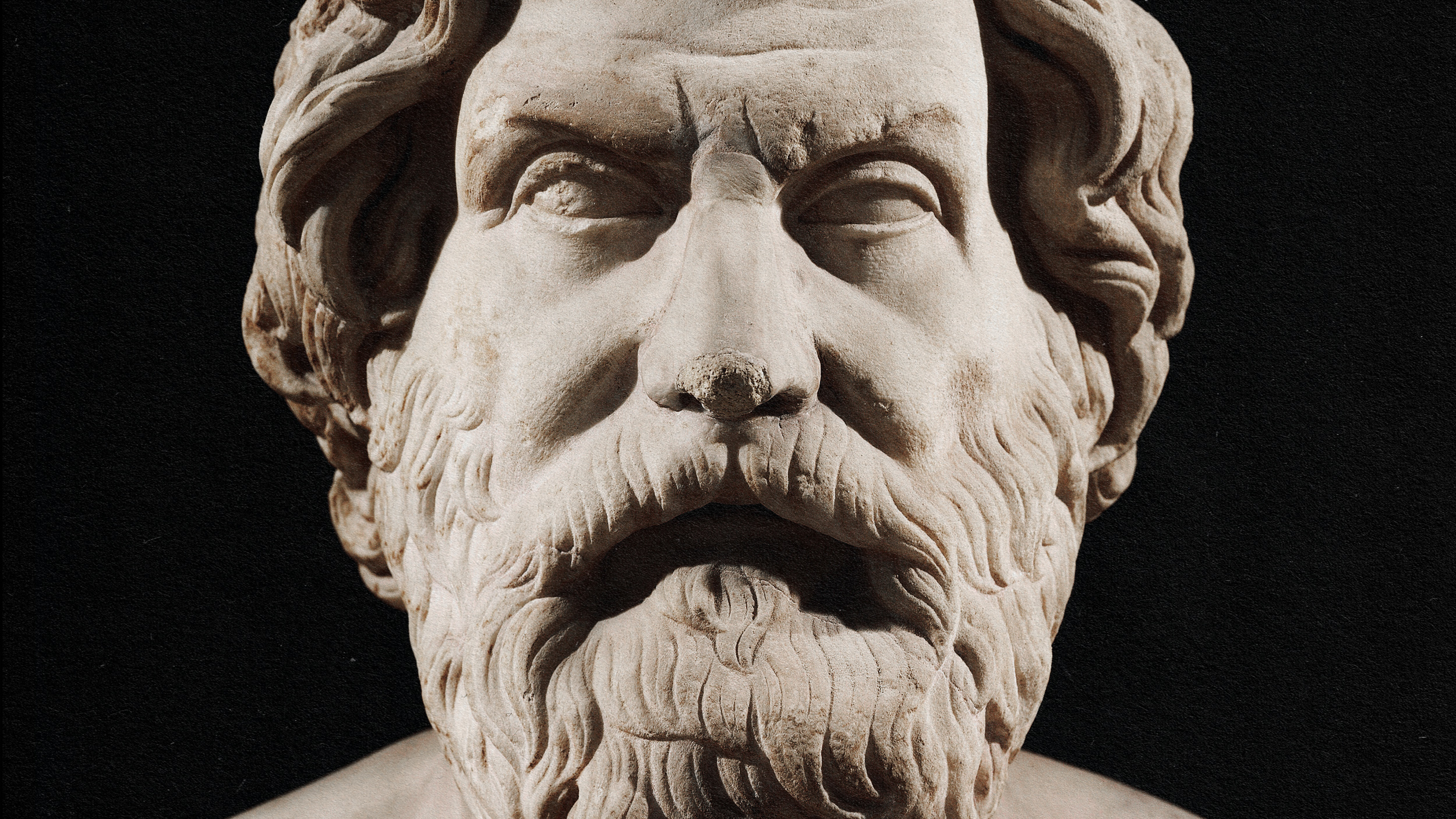philosophy
Perhaps the most remarkable fact about the Universe is simply that it, and everything in it, exists. But what’s the reason why?
An influential series of books argues that the history of the world is the history of generations. Is it right?
That completely useless thing you want to get rid of — it’s probably more important than you think.
Two of the answers add a dimension to physics that doesn’t belong there. Maybe we could call it “astrotheology.”
Our host Kmele went inside Fermilab, America’s premiere particle accelerator facility, to find out how the smallest particles in the universe can teach us about its biggest mysteries.
▸
38 min
—
with
In hospice care and hospitals, we prioritize those with more life to live over those who are terminally ill. What is that, if not prejudice?
We need a hypothesis that accounts for both the fine-tuning of physics for life but also the arbitrariness and gratuitous suffering we find in the world.
Your BS detector might not be as accurate as you think.
Dispatches host Kmele Foster is on a journey to understand humanity’s role in the cosmos. His first stop? The Atacama Plateau in Northern Chile, home to the darkest deserts and largest telescopes on earth.
▸
35 min
—
with
Discover the ancient wisdom of not pushing the river.
“If we find just one other example of biology out there, then life is not an accident.”
“To take this in, you need to ride inside the mathematical symbols.”
Science and philosophy seem to be separate fields, but philosophical advancements have made the world more accepting of debate and unorthodox ideas.
The great philosopher spent the final portion of his painful life in a vegetative state. Did illness get him there, or was it his own philosophy?
Neural imaging has shown that the brain has “decided” what we’re going to do before we make a conscious choice — but is this even relevant to free will?
Ideas that seem wildly controversial today may move humanity towards progress. Philosopher Peter Singer asks —how do we keep them from being stifled?
▸
6 min
—
with
Intrinsic motivation cannot be imposed on a team — but you can provide the right culture for it to flourish.
Even if a leading theory of consciousness is wrong, it can still be useful to science.
Is immortality a tantalizing possibility or a philosophical paradox?
The answer may lie in the power to see far, far beyond yourself.
If the “self” is not real, then we are slaves to a billiard ball universe, trapped in a nihilistic nightmare in which we cannot change our fate.
If you give yourself and others space to tinker and experiment, then you might create something incredible. Here’s how to do it well.
Traditionally, the long history of Japanese thought has not been viewed as “philosophy” — even by Japanese scholars. It’s time for a rethink.
Dive into five philosophical schools that have faded into obscurity but still whisper through the ages.
Artificial general intelligence will not arise in systems that only passively receive data. They need to be able to act back on the world.
The question of why the Universe is the way it is is an ancient one, and none of the answers we have come up with are satisfying.
The philosophy of sex is going through a recalibration period.
The perfectly accessible, perfectly knowable Universe of classical physics is gone forever, no matter what interpretation you choose.
Rooted in Vedic philosophy, “anupalabdhi” — or “non-apprehension” — can help you exploit gaps in the market.
There’s nothing like the end of the world to make you a philosopher.


